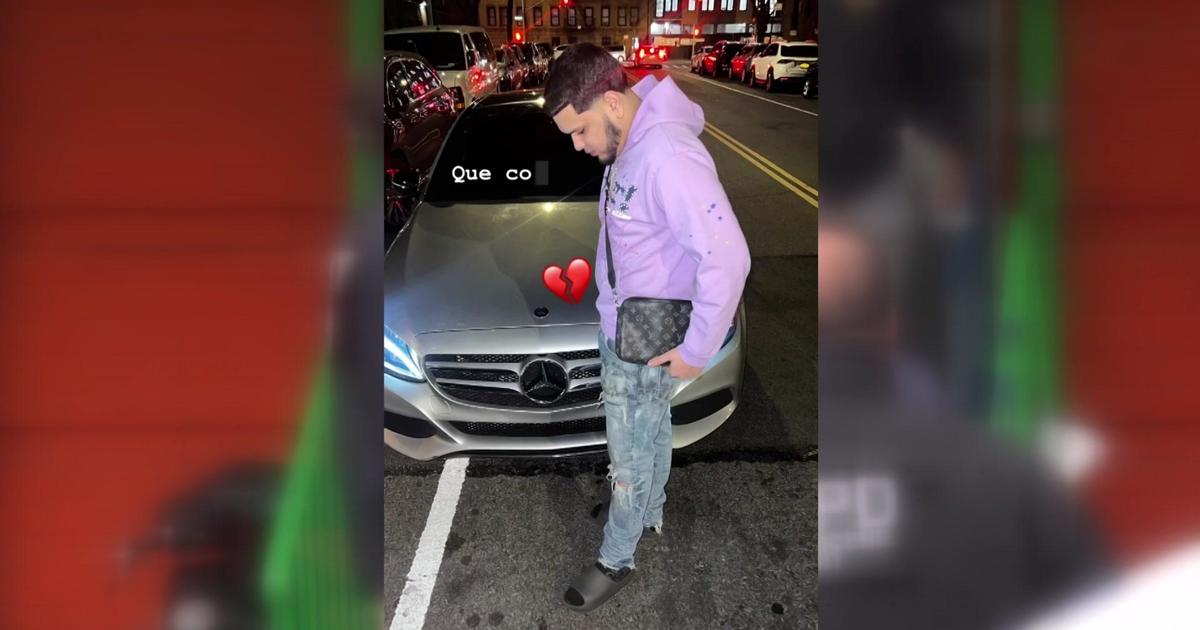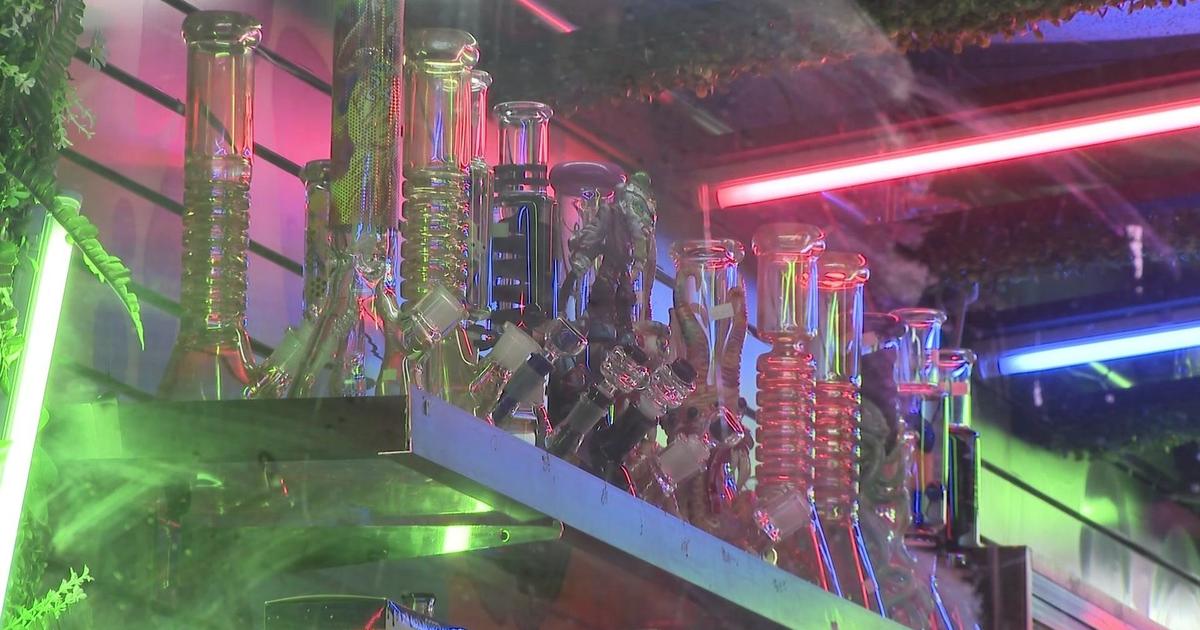Eye Damage From Solar Eclipse Can Be Subtle, But Permanent, Experts Say
NEW YORK (CBSNewYork) -- A Staten Island woman was one of thousands in the Tri-State Area last Monday who wanted to see the eclipse.
But now, her eyes might be permanently damaged.
As CBS2's Dr. Max Gomez reported, people think after looking at an eclipse without protection, they will either go blind or suffer no consequences to their eyesight.
But in reality, the damage can be subtle.
It is not really a burn of the retina, the photosensitive layer at the back of the eye. Rather, the sun releases free radicals in the retina that cause damage that might not show up for many hours later.
Nia Payne knew not to look at the sun during the eclipse last week unless she used protective glasses. She didn't have any, but a stranger on the street offered to let her use hers.
"It was like dark gray. It was a little bright, but I didn't know what solar eclipse glasses are supposed to look like. So, but I looked into the sun for 30 seconds – that was it."
But that was all it took. The rest of the day, she was reading and writing normally – but then, something disturbing happened.
"Towards maybe 10 o'clock at night, that's when I noticed, like, 'Hey, I see the afterimage of the sun still in my eyes.' You know, it wouldn't go away. And then I realize, 'Oh no!'" Payne said.
Payne went to the clinic at the New York Eye and Ear Infirmary of Mount Sinai, where Dr. Chris Wu examined her.
"Complaining of central blurry vision, distortion of colors, like seeing a perfect yellow afterimage; possibly seeing a blind spot too in both eyes when she reads," Wu said.
Retinal specialist Dr. Avnish Deobhakta showed CBS2's Gomez Payne's retina scans, which confirmed damage in the fovea. The fovea is the depressed area of the retina where sharp, detailed vision is centered.
"The sun has caused damage to the outer retinas – the ones that are furthest down – and that's causing her decreased vision," Deobhakta said.
There is no specific treatment for the damage, but some of it may improve wit time. And while you would think eclipse eye damage is obvious, Deobhakta said it is not necessarily.
"If you're having blurry vision that's been persistent since the eclipse; if you're having holes in your vision or spots since the eclipse; or if you're having light sensitivity or generalized discomfort – and all of this you can point to having happened since the eclipse, I would encourage anyone to come in," he said.
Payne is taking certain vitamins doctors gave her that are high in antioxidants and nutrients to try to limit any more retinal damage – and to support whatever healing might take place.
But some of the damage is likely permanent, a fact made all the sadder because Payne tried to do the right thing.



